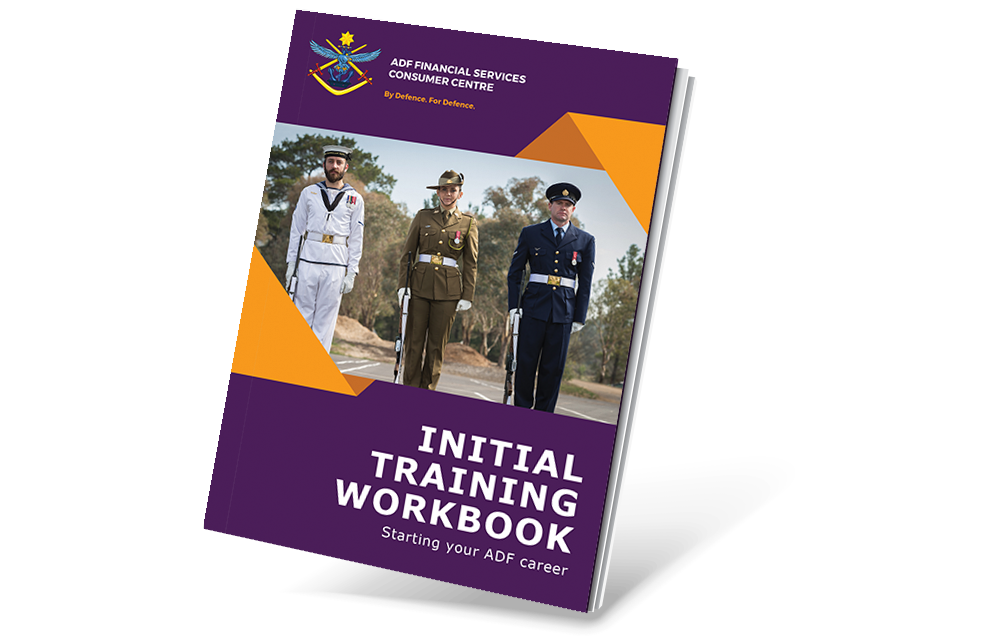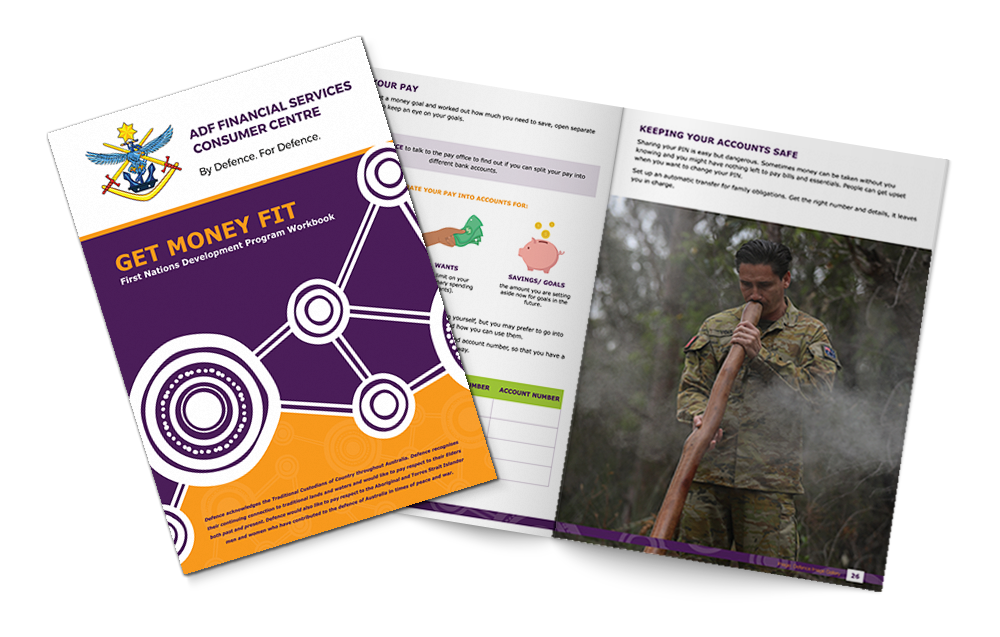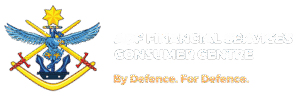INITIAL TRAINING
Welcome to a career in the Defence Force, opening up a broad range of opportunities, job security and interesting work. Getting your finances off to a strong start will provide you with the foundations for good money management throughout your career. This page and this website, aim to provide you with the tools and information to help you in developing good financial habits you need to be successful with money.
Principles of Financial Success
ADF members receive competitive salaries, attractive superannuation arrangements, subsidised housing and other allowances and entitlements. This provides a strong foundation to build your financial future.
Getting on top of your finances doesn’t have to be hard or complicated. This website provides you with reliable sources of impartial information, useful tools and other resources to guide you along your path.
The earlier you start the better!
Watch our 6 part mini series to discover the core principles to make the most of your ADF career and the financial benefits you will receive. Being financially fit will help you focus on your job and perform at your best.
Helpful Topics and Resources
Initial Training Workbook
Get your finances off to a strong start by laying the foundations for good money management, and helping you develop good financial habits you need to be successful with money. This workbook can be used alone or in conjunction with a personal finance brief, the Initial Training video below or with support of the information on this website. It is set out with checklists, activities and reference materials to help you make the most out of your ADF career.
Contact us if you would like a printed copy of this workbook.


First Nations Development Program
How do you feel about money? What is your money story? Download the Taking Control of Your Financial Future Workbook to help you make good financial decisions through useful tools and information.
Track your goals
Initial Training Briefing
Missed an Initial Training briefing? Or want to revisit the financial concepts we covered? Watch this 7 minute video to help you get your finances off to a strong start by developing good financial habits and lay the foundations for good money management.
SIGN UP FOR OUR MONTHLY NEWSLETTER
Receive articles on buying a car, property, investing, helpful watchouts with Scams, buy-now-pay-later scheme or credit cards, as well important news updates to help ADF Members manage their finances.


